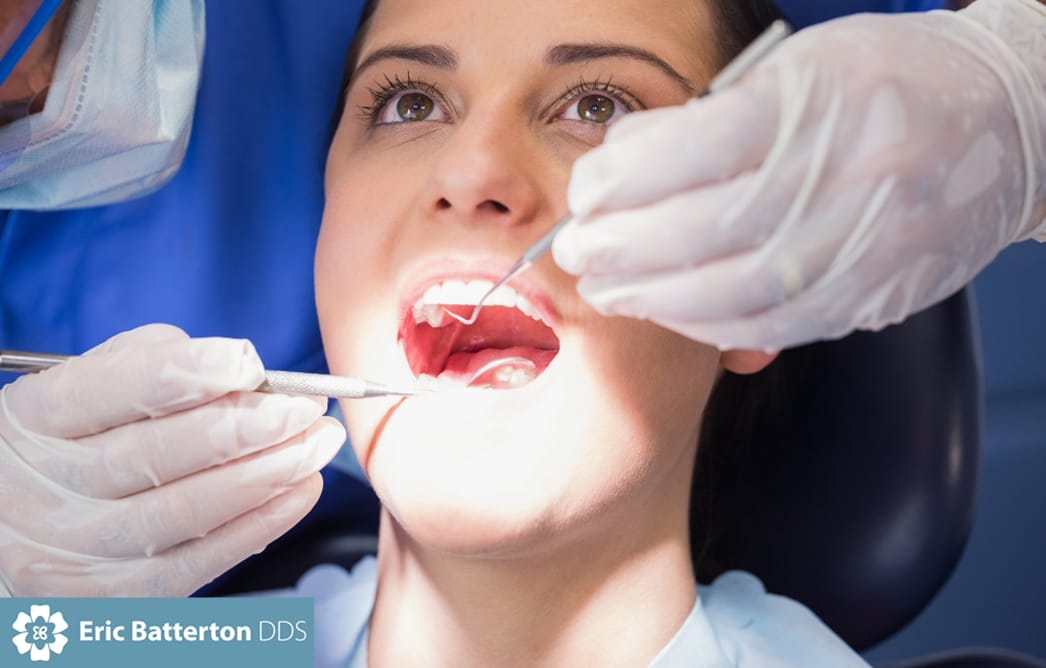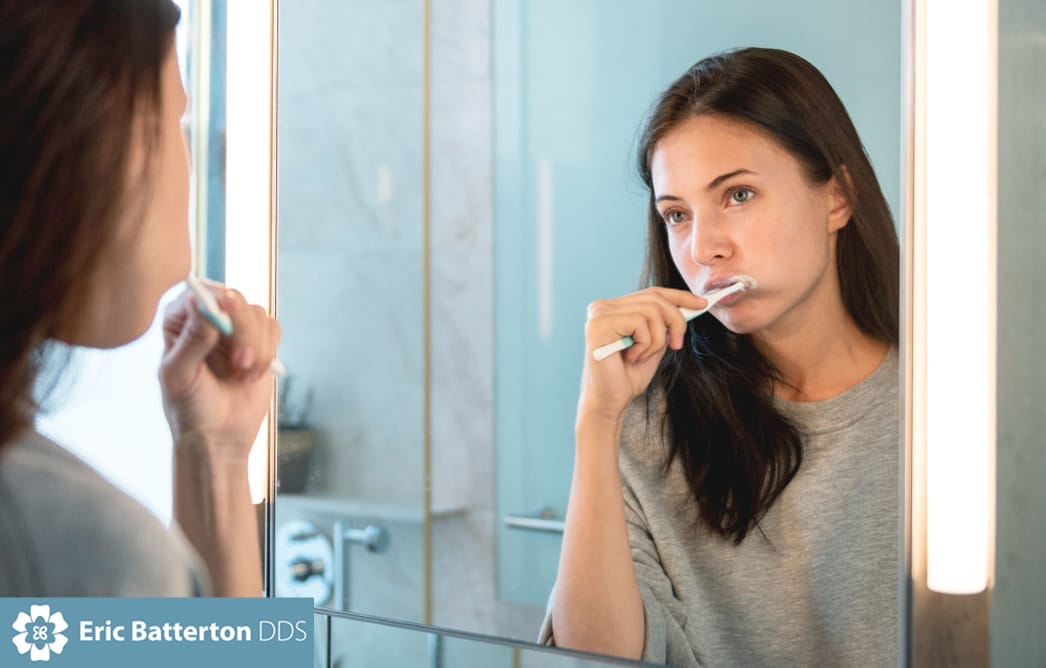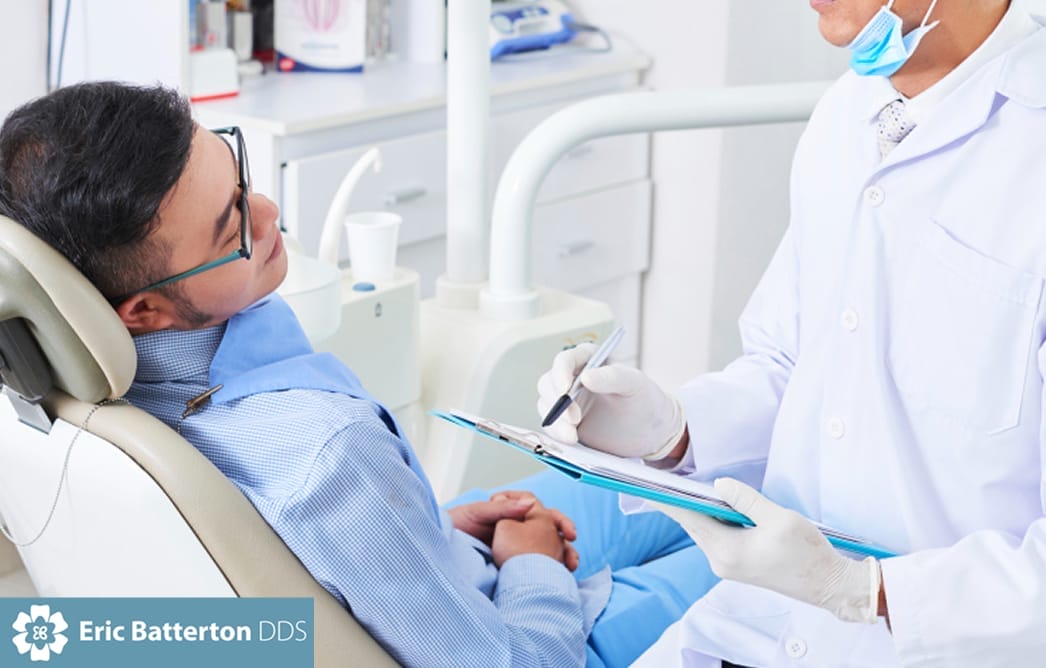If you have an upcoming dental cleaning and are wondering how long it may take, you’re definitely not the only one doing so. Squeezing in appointments between work, errands, and everyday life can be a juggling act, and knowing what to expect can make things a lot easier.
Whether you’re due for your regular appointment or it’s been a while (no judgment), let’s walk through how long a teeth cleaning takes, what goes into it, and how you can make the most of your time in the chair.

So, What’s the Average Time?
Most routine dental cleanings in Delaware take between 30 and 60 minutes. That said, a few factors can cause your time in the chair to be a bit shorter, or a bit longer:
- How long it has been since your last cleaning
- The amount of plaque or tartar buildup
- Whether you have signs of gum disease
- Your overall oral hygiene habits
If you’re keeping up with your brushing, flossing, and regular visits, your appointment might be done in under 45 minutes. But if it’s been a while or your gums are showing some signs of inflammation, the cleaning might be more involved (and totally worth it for your long-term dental health!).
What Happens During a Dental Cleaning?
A professional dental cleaning (sometimes called a prophylaxis or just a “prophy”) isn’t just about making your teeth look shiny; it plays a vital role in supporting your oral health and preventing future dental problems.
Here’s what you can usually expect, step-by-step.
Reviewing Your Health and Dental History
Before the cleaning begins, your dental hygienist will check in with you about any changes to your health or medications, and ask if you’ve experienced any new symptoms, like sensitivity or bleeding gums. This helps us tailor your care and spot potential issues early.
Taking X-rays, If Needed
If it’s been a while, or if we need to take a closer look, we may recommend X-rays. They help us identify hidden tooth decay, bone loss, and other issues that aren’t visible with a mirror alone. They only add a few extra minutes to the appointment, but can make a big difference in early detection.
Removing Plaque and Tartar
This is where the actual cleaning starts. Your hygienist will use tools (manual or ultrasonic scalers) to remove plaque and tartar buildup, especially around the gum line and in between your teeth.
Daily brushing and flossing are essential, but tartar—that hardened plaque—can’t be removed at home. That’s where a professional cleaning comes in.
And if you’re wondering, yes, the scraping sound is totally normal! Although it might sound intense, it’s not painful, and your teeth and gums will thank you for it.
Polishing with Gritty Toothpaste
Once the plaque and tartar are out of the way, we move on to polishing. This part uses a gritty, minty paste and a rotating brush to smooth out your enamel and remove surface stains. Most people find this part oddly satisfying, and it leaves your teeth feeling squeaky clean.
Flossing and Rinsing
Next up? A professional flossing session. This helps dislodge any debris loosened during the cleaning and allows us to check how your gums are holding up. If you struggle to floss at home, we can offer tips to make it a little easier.
You’ll also get a rinse to wash out any lingering particles and leave your mouth feeling fresh.
Optional Fluoride Treatment
Depending on your risk for tooth decay, we may recommend a fluoride treatment. It only takes a minute or two, and it helps strengthen your enamel—creating a bit of added defense between now and your next visit.
Related Article: Why is My Gum Throbbing After Flossing?

What Happens If I Need More Than a Routine Cleaning?
In some cases, especially if it’s been a few years or you’re dealing with inflamed gums, we may discover that you need a deeper level of cleaning.
What Is a Deep Cleaning?
A deep cleaning—also called scaling and root planing—goes beyond what’s typically done during a routine cleaning. Instead of stopping at the gum line, we work below it to remove bacteria and tartar hiding around the roots of your teeth.
Deep cleanings often take longer and are usually broken into two visits. They’re an important part of treating gum disease and helping your gums heal and reattach to your teeth.
If you need one, don’t worry—we’ll talk through everything, answer your questions, and make sure you’re comfortable every step of the way.
How to Make Your Cleanings Easier (and Faster)
Want your next dental cleaning to be as smooth and quick as possible? A good home care routine pays off big time:
- Brush twice a day with fluoride toothpaste
- Floss daily to keep the spaces between your teeth clean
- Rinse with mouthwash if recommended
- Eat a balanced diet low in added sugars
- Keep up with your regular checkups—every six months is ideal for most people
The cleaner your teeth are when you walk in, the easier it is for your dental hygienist to do a thorough job quickly, which means less time in the chair for you and an even healthier smile.
Related Article: Why Routine Cleanings Matter—Even If Your Brush and Floss

Feeling Nervous? That’s Completely Normal
We know some patients get a little anxious before a dental cleaning. Maybe it’s the unfamiliar sounds, the scraping, or just lying back with your mouth open for a while. If that sounds like you, you’re not alone—and you’re definitely not the only one who’s ever felt that way.
Let us know how you’re feeling before we start. There are lots of ways we can help make the process more comfortable:
- Talking you through each step of the cleaning
- Offering breaks during the appointment
- Using numbing gel for sensitive areas
- Creating a calm, reassuring environment
Remember: you’re in control. Your comfort matters just as much as your oral health.
The Bottom Line is Your Smile is Worth It
So, to circle back to your original question—how long does a dental cleaning take? Most visits will clock in around 30 to 60 minutes. Maybe a touch more if you need X-rays or a deeper level of cleaning. But in the grand scheme of things, it’s a small bit of time with huge benefits for your oral and overall health.
Cleanings help prevent gum disease, tooth decay, and more serious dental issues. And they leave your smile looking—and feeling—refreshed.
Ready to Schedule Your Cleaning?
If it’s been a while, we’d love to welcome you back. Our team is here to make your visit straightforward, comfortable, and personalized—whether this is your sixth-month checkup or your first cleaning in a few years.
Don’t overthink it. Give us a call or book online when you’re ready. Your smile will thank you.
